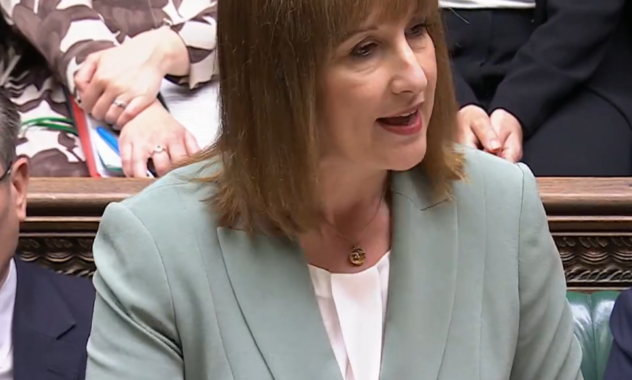NEU Conference: defending and extending members’ rights at work
The National Education Union have been meeting in Harrogate this week

The National Education Union (NEU) has been holding it’s annual conference in Harrogate over the last week. Amongst the motions debated, motion 31 on ‘Defending and extending members’ rights at work (composite)’ was passed by delegates. It read:
“Conference notes that the government’s plan to make work pay commits them to repealing the Trade Union Act 2016, the Minimum Service Levels (Strikes) Act and other anti-union legislation. Conference believes the poor working conditions and falling living standards of past decades can only be reversed by ending the hostile environment for workers’ rights which governments of all stripes have fostered. Conference further notes that the Minimum Service Levels (Strikes) Act has yet to be repealed and applauds FBU and ASLEF for successfully dissuading employers from using the Act after the threat of further strike action was tabled. Conference instructs the executive to recommit to campaigning for the repeal of all anti-union laws and for positive legal rights for trade unions, including:
1. The immediate repeal of the 2023 Minimum Service Levels (Strikes) Act
2. The repeal of the Trade Union Act 2016 removing the ballot thresholds required for industrial action, including the additional 40 per cent threshold applied to education workers, and the six-month limit for industrial action mandates
3. The introduction of online voting in trade union ballots, as recommended by a government review in 2017, demanded by the ILO, and committed to by Labour
4. The outlawing of zero-hours contracts to ensure education workers, including supply members, have greater job security
5. The strengthening of the process of statutory recognition where employers do not recognise a trade union for collective bargaining purposes
6. The granting of all workers, including agency workers, full employment rights from day one of employment
7. A complete ban on ‘fire and rehire’ also called dismissal and re-engagement. This should include any potential loopholes, such as the use of fire and rehire to force teachers out of the TPS. Conference further instructs the executive to support school groups and branches engaging in industrial action to challenge practices stemming from employer exploitation of unjust labour laws, such as:
i. Action challenging employer use of ‘fire and rehire’ to force teachers out of the TPS
ii. Action challenging employer use of zero-hour contracts or other exploitation of supply or agency members.
And to call on the TUC and its affiliated unions to launch a national campaign around these demands, along with opposition to any austerity measures proposed by the government, up to and including taking industrial action.
Proposed by Northumberland NEU
Seconded by City of Derby NEU”
Commenting on the passing of motion 31, Daniel Kebede, general secretary of the National Education Union, said:
“The Employment Rights Bill currently being debated in Parliament is a good and important step forward on workers’ rights. For too long, our members have faced poor treatment at work and the means of enforcing those rights have become increasingly protracted.
It remains the case that after decades of attacks on trade unions, UK workers remain shackled by some of the most restrictive trade union legislation in Europe. The Government should repeal the Conservatives’ anti-union legislation at the earliest opportunity, as part of its plan to make work pay.
The education secretary has made welcome comments about more flexible working being key to ending the recruitment and retention crisis in education. In a predominantly female profession, the Government needs to take action to remove the barriers that employers put up to deny legitimate requests for flexible working.
We also want to see greater protection from discriminatory dismissal for older teachers, in particular older women teachers who are working through the menopause. These changes would be good for educators and would help keep more teachers in the profession.”







